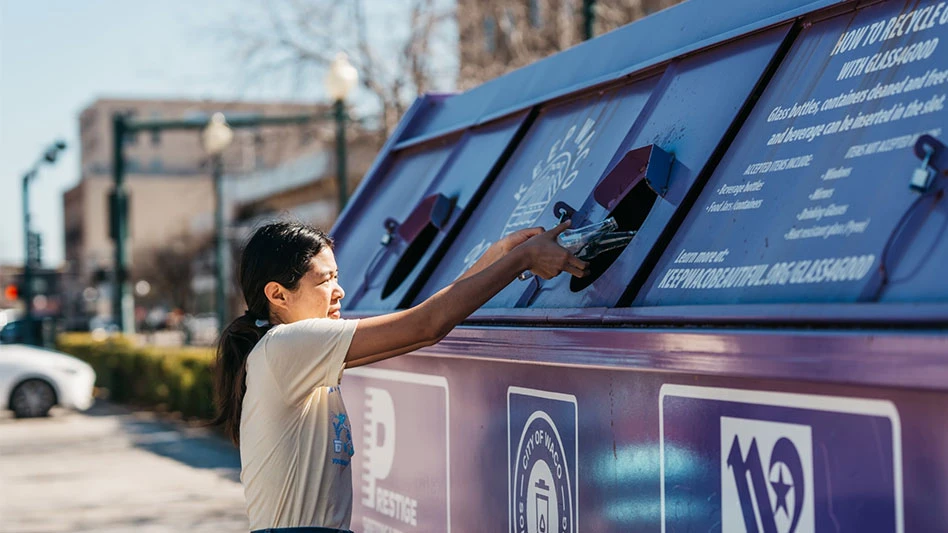
News of interest to metals recyclers was abundant in 2024, providing a typical mix of concerns, challenges, profits and losses in these established but volatile sectors.
Navigating existing challenges in these higher-volume metals sectors almost certainly is how owners and managers of metals recycling companies would describe how they spend most of their time in the office, yard or warehouse.
Some percentage of industry conditions in 2024 also has involved changes to the American energy grid and transportation network. Whether one considers this an inevitable transition, continued attention to reducing carbon emissions likely will continue even if the incoming U.S. president does not make it a priority.
Changes to how people travel and power their vehicles and buildings can provide opportunities in traditional metals recycling markets, with copper and aluminum sheet and extrusions often identified as winners.
Just as clearly, end-of-life items, including electric vehicle (EV) batteries, wind turbine blades and solar panels, represent growing parts of the material stream seeking circular solutions.
“End-of-life items, including electric vehicle batteries, wind turbine blades and solar panels, represent growing parts of the material stream seeking circular solutions.”
A December announcement that Imperial Group, a Chicago-based recycler and producer of nonferrous metals, had joined a vinyl recycling-related organization with the intention of improving its prospects to divert polyvinyl chloride wire and cable jackets from landfills points to another metals recycling-adjacent niche that could benefit from increased attention.
Metals recyclers are rooted in secondary commodities markets and profitable activities tied to those markets as opposed to engaging in landfill diversion to help attain waste reduction goals.
Along with that necessary bottom-line mentality, operating from this perspective can lead to lean staffing to protect the sometimes narrow margins—another factor that can cause metals recycling firms to be reluctant to dip their toes into a niche market pond.
“All economic activity involves converting energy from one form to another,” financial analyst John Mauldin writes in a December 2024 essay. “In other words, energy isn’t just another market sector. It’s the foundation of every sector.”
Whether considering the materials present in EVs, solar panels, wind turbines or wire and cable, metals recyclers have options when examining the potential to add energy-related aspects to their service portfolios—if they can allocate the time to analyze those opportunities.
Get curated news on YOUR industry.
Enter your email to receive our newsletters.

Explore the Winter 2025 Scrap Recycling Issue
Check out more from this issue and find your next story to read.
Latest from Recycling Today
- Star Plastics, Trivalence Technologies set to merge
- RecyClass updates Design for Recycling Guidelines, Recyclability Evaluation Protocols
- Motion opens new branch in Quebec
- Researchers consider recycling lottery outcomes
- Veolia plans large-scale plastics recycling facility in UK
- Ecore acquires New York tire processing firm
- Closed Loop Partners adds private equity managing director
- European Commission drafts new rules for chemically recycled content in plastic bottles






